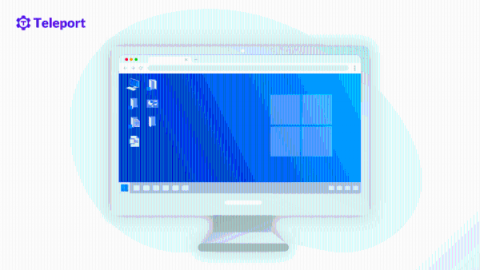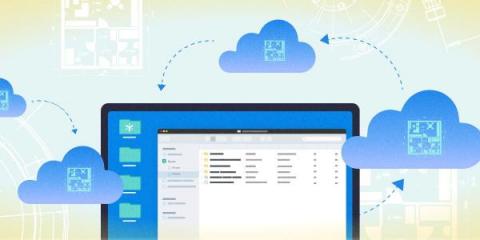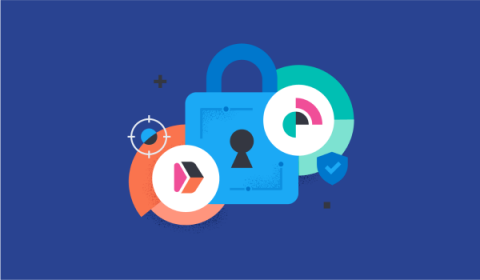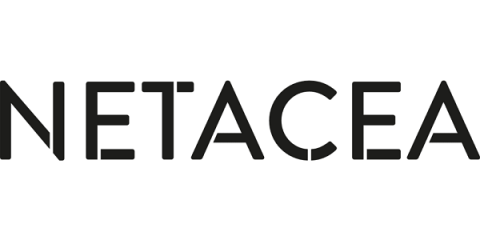Passwordless Remote Access to Windows Servers and Desktops
During my time as a penetration tester, I’ve seen many IT teams storing server catalogs with respective IP addresses and passwords in a sharable Excel sheet. This is more so true in windows server infrastructure as many organizations resort to password-based auth for local and remote access. Of course, security-conscious organizations would use a password vault. But in any case, password storage in any form is often an Achilles heel in infrastructure security.










